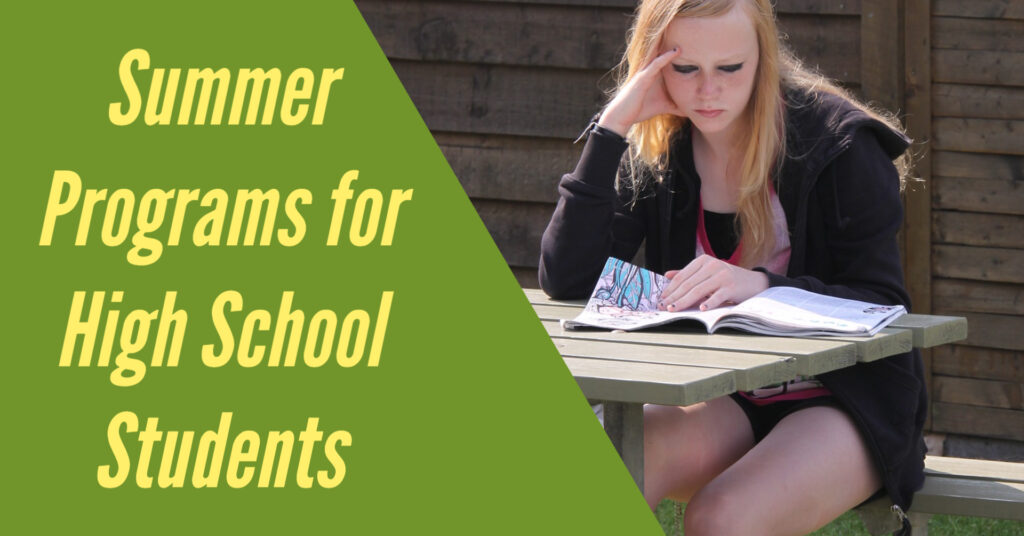
POCKET AND HER CAMPUS ANNOUNCE
COLLEGE JOURNALISM SCHOLARSHIP COMPETITION
WHAT: Pocket and Her Campus present The Future Connection, a writing competition which will ask entrants to answer: “What does it mean for you to come of age in a hyper-online, always connected world?”
The prize includes:
- $5,000 cash prize
- Having their final essay featured on Pocket to the millions of people who use the app every day
- A mentorship call with a Mozilla exec
The winner will be selected by a panel of judges that includes Lindsey Shepard, Mozilla CMO; and Stephanie Kaplan Lewis, Her Campus Media co-founder, CEO & Editor-in-Chief
- The deadline to enter the competition is Tuesday, July 15, 2021 by 11:59 p.m. PT
- The competition winner will be announced on Wednesday, July 30, 2021.
WHERE: To learn more about the terms and conditions, as well as to enter into the Pocket and Her Campus’s The Future Connection writing competition, please visit www.hercampus.com/mozillacontest.
ELIGIBILITY: Applicants must be between the ages of 18-25.









